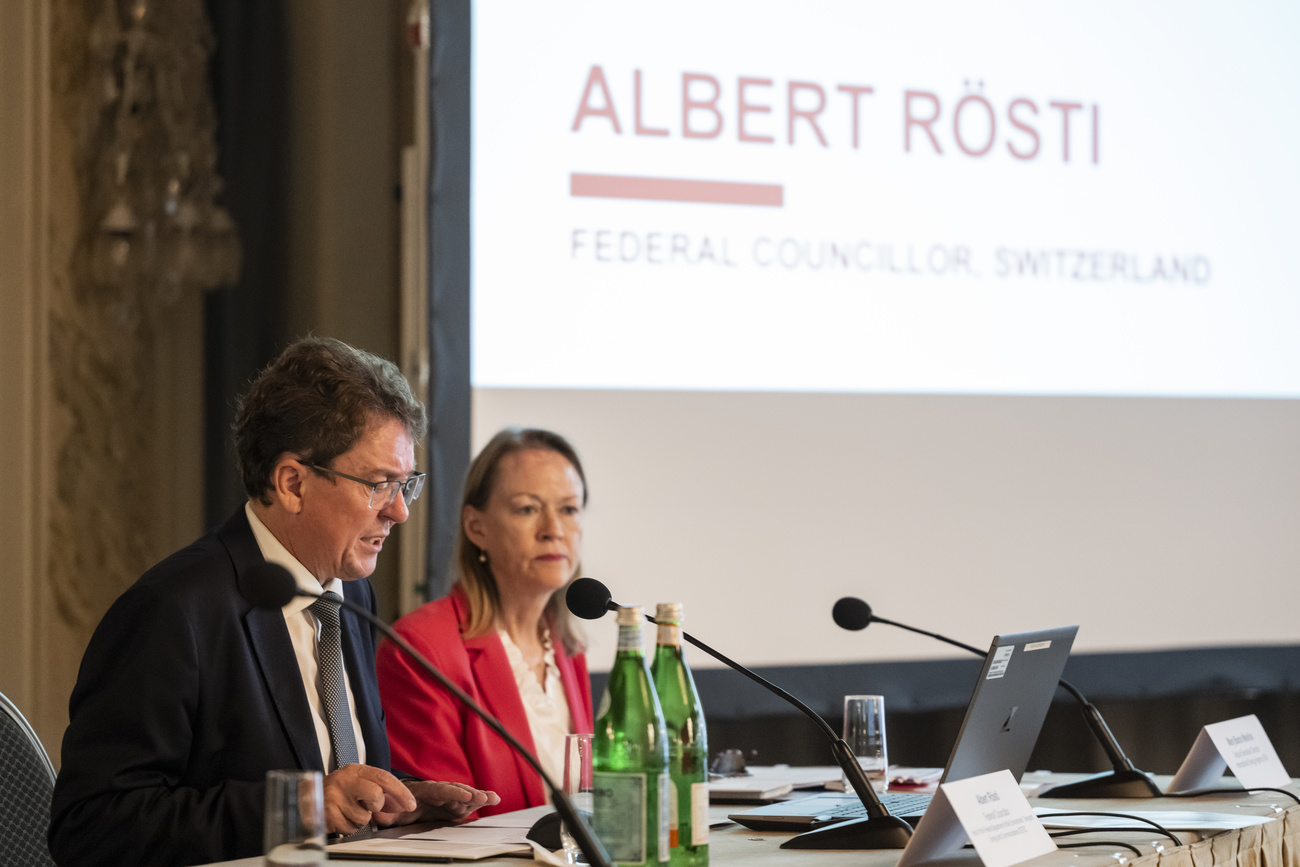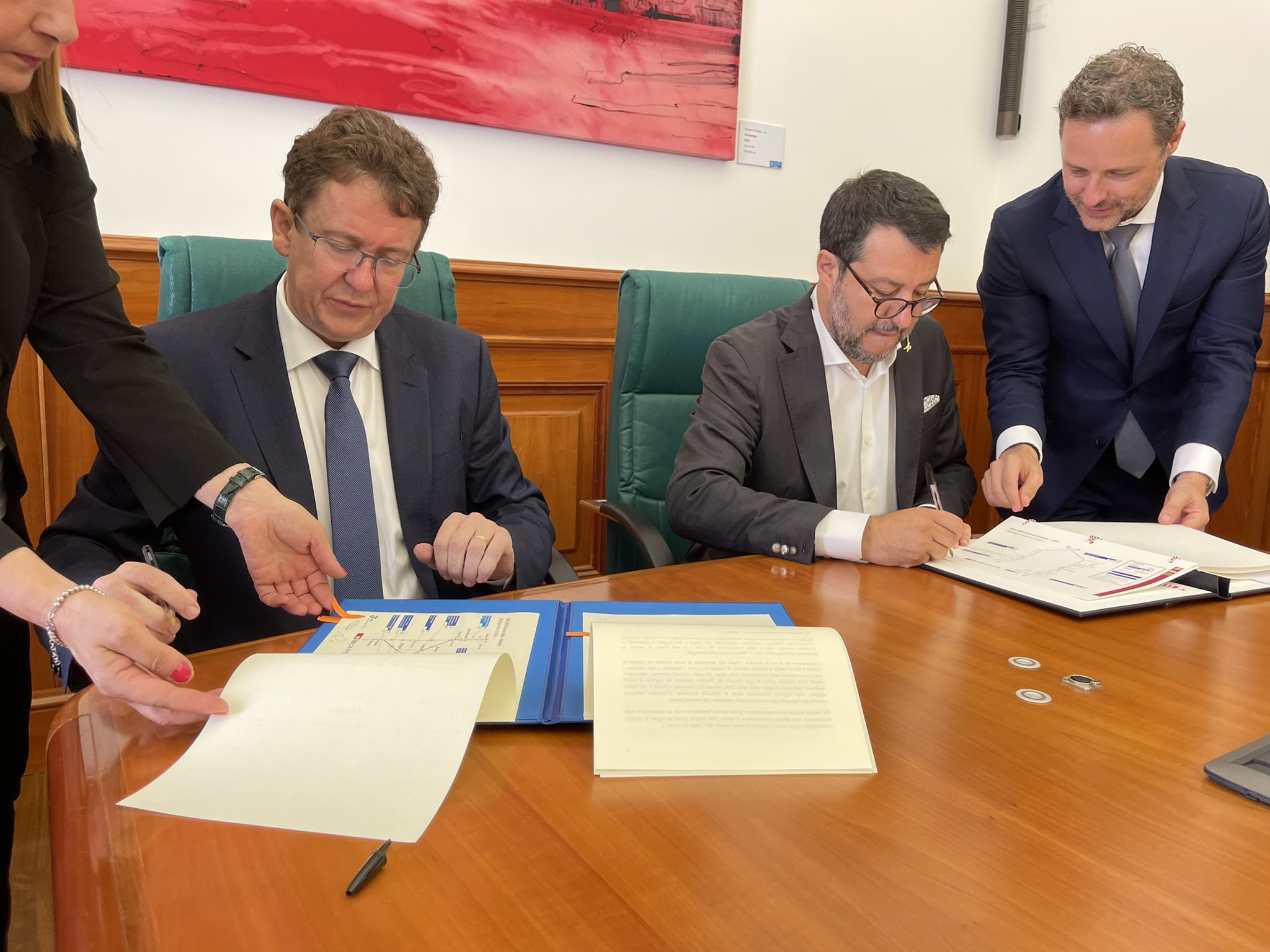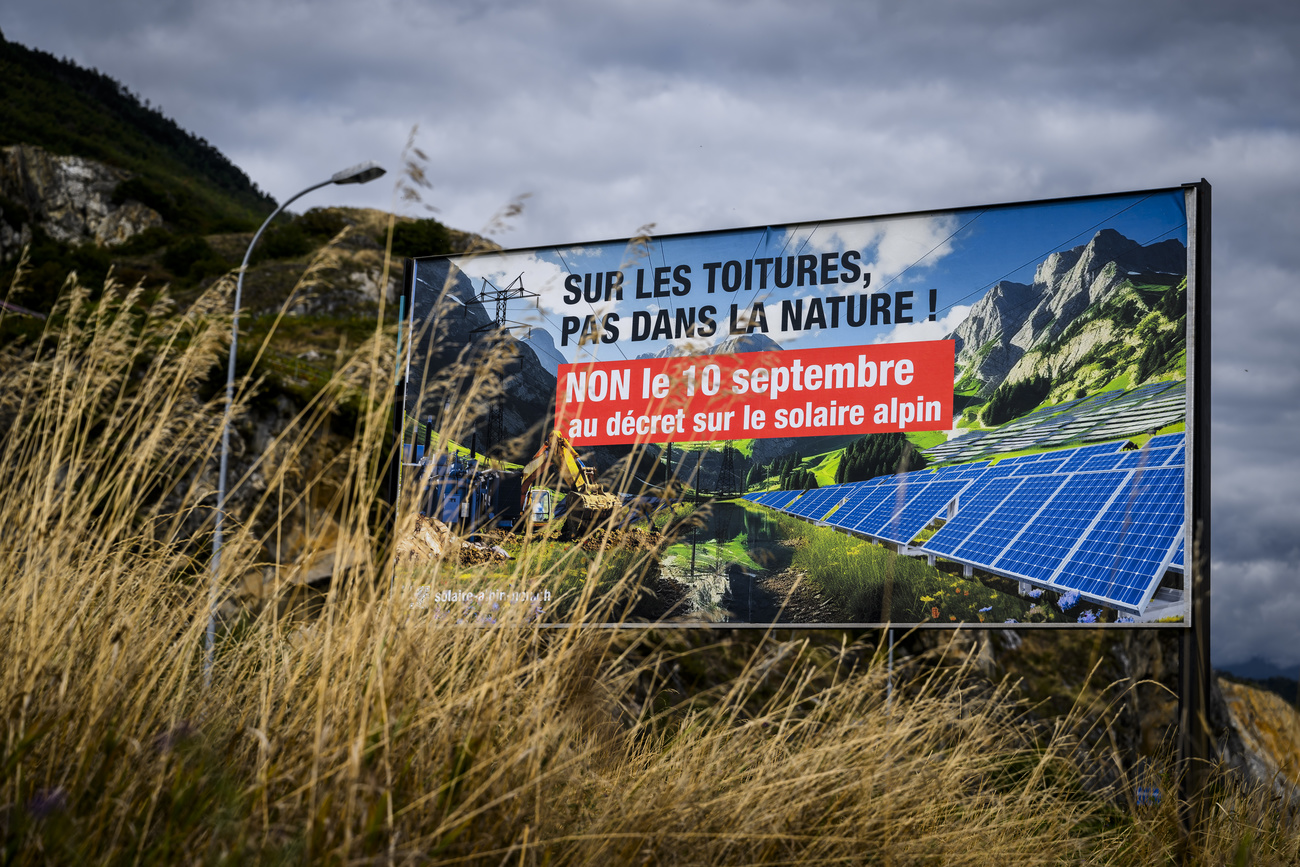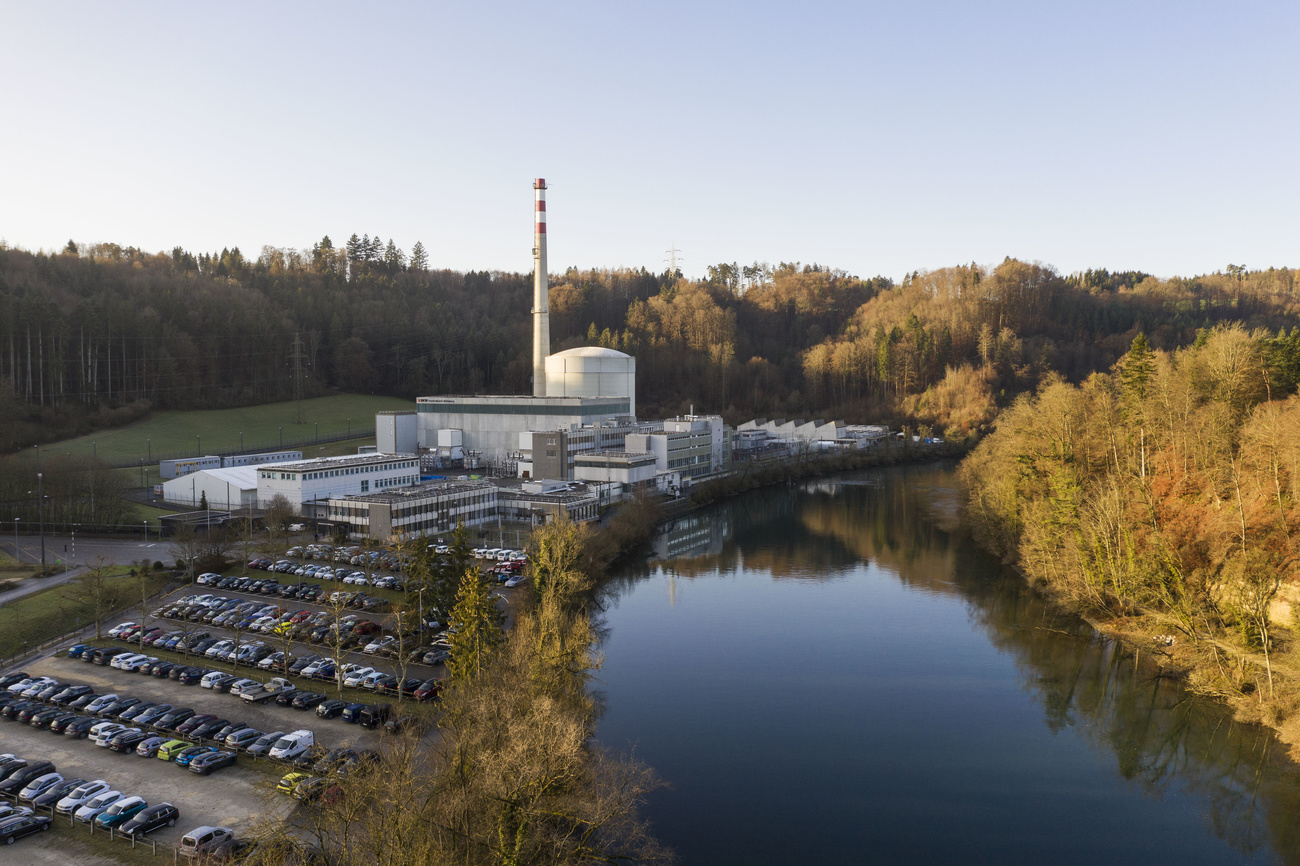
Swiss energy minister: no EU electricity agreement ‘at any price’

According to Energy Minister Albert Rösti, Switzerland does not need an electricity agreement with the EU "at any price".
The Federal Council would not make any major concessions in the overall negotiations with the EU just because of the electricity agreement, the energy minister said in an interview with the Neue Zürcher Zeitung (NZZ) published on Saturday.
Switzerland is physically part of the European electricity grid and therefore hardly needs to fear inclusion in the so-called 70% rule. From 2025 onwards, EU countries are to reserve 70% of grid capacities for trading among themselves.

More
Switzerland to secure gas from Italy in case of energy shortages
“It would be a contribution in favour of a secure supply, but not a guarantee for times of crisis,” Rösti said.
An electricity agreement between Switzerland and the EU would be “realistic” in 2025 at the earliest, Rösti said. “What is certain is that the agreement cannot come into force before 2025, because the political process would have to take place before then.” Despite confidence, Rösti pleaded in the interview for Switzerland to brace itself against an unexpectedly harsh implementation of the 70% rule that excludes Switzerland.
Sun, wind, water: “We have no other choice”
Rösti wants to achieve the expansion of three to five terawatt hours of renewable electricity by a good ten years from now – this is to avoid winter shortages. “The most important thing is that we get out of this situation of a threatening shortage in winter,” says the energy minister. “The only way to do that at the moment is with solar, wind and hydro. We have no other choice.” But that will take until 2030 or 2035.

More
No vote for Alpine solar parks: what does it mean for Switzerland?
With regard to opposition to energy construction projects, Rösti said he wanted to remind the opposition to nuclear power plants that the production of renewable electricity also entails disadvantages. “It won’t work without visible intervention in the landscape. The next four or five years are decisive. They will show how great the resistance is.” If it is too great, “the energy strategy will have failed. In that case, I will react and show what other options are available.”

More
Nuclear energy is necessary, says head of Swiss water agency
However, a discussion about new nuclear power plants is “pointless” today, Rösti said. “I really have no interest at all in starting a debate on nuclear power at the moment. My personal stance on this issue is well known, and it’s also no secret that as a National Councillor I campaigned against the energy strategy.”
This news story has been written and carefully fact-checked by an external editorial team. At SWI swissinfo.ch we select the most relevant news for an international audience and use automatic translation tools such as DeepL to translate it into English. Providing you with automatically translated news gives us the time to write more in-depth articles. You can find them here.
If you want to know more about how we work, have a look here, and if you have feedback on this news story please write to english@swissinfo.ch.

In compliance with the JTI standards
More: SWI swissinfo.ch certified by the Journalism Trust Initiative






























You can find an overview of ongoing debates with our journalists here . Please join us!
If you want to start a conversation about a topic raised in this article or want to report factual errors, email us at english@swissinfo.ch.